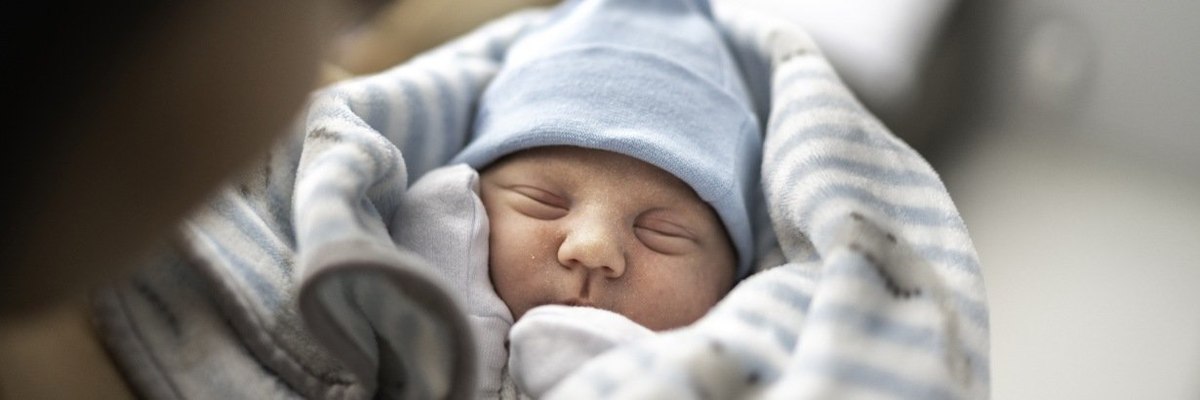Plans to expand genetic testing for babies have been backed by the government, but what does the public think?
The “blood spot” or “heel prick” test is a test given to newborn babies to see if they will be at risk from conditions such as cystic fibrosis, sickle cell disease, and other metabolic diseases. Plans to expand this testing to instead sequence the DNA of newborns to screen for a much wider array of health conditions were at the forefront of the Chief Medical Officer’s annual report in 2016 and were backed by former Health Secretary Matt Hancock in 2019.
Now research company Genomics England, first set up by the Department of Health and Social Care, suggested that under the right conditions the public might also support this wider genetic testing of babies.
Now new YouGov research shows that this could indeed be the case. Nearly seven in ten people (69%) would support babies born in the UK having their genome sequenced to screen for a wider range of health concerns – including a third (34%) who would strongly support the idea. Only 13% of people would be opposed to this wider genetic testing.
The idea is universally popular, with 68% and 69% of men and women respectively in support of genome sequencing for newborn babies, as are most people of all ages.
However, if given the option, not all potential parents would opt for the full genome sequence. Half of people (50%) say they would pick the genome sequencing if they had just had a child and were given the choice, compared to 24% who would opt for the current blood spot test. Only 5% would not want their child to have any sort of health screen.
Briton’s aged 65 and over are the most likely (57%) to say they would opt to have a new child’s genome sequenced to check for future health conditions, compared to just under half of the other age groups.
While 48% of those aged between 18 and 24 would pick the genomic screen for their child, they are more likely than some of their elders to say they would choose the blood spot test instead (31%).
The saying goes that Ignorance is bliss, however, most people would want to know if they were going to be at greater risk of health complications in later life beforehand. Some two thirds of Britons would want to be aware of future health concerns for both themselves (63%) as well as their children (67%). Only 15% of Brits would rather not know if they themselves were at greater risk of developing health problems later in life, compared to 11% who would not want to know if their children were at greater risk.
See full results here










